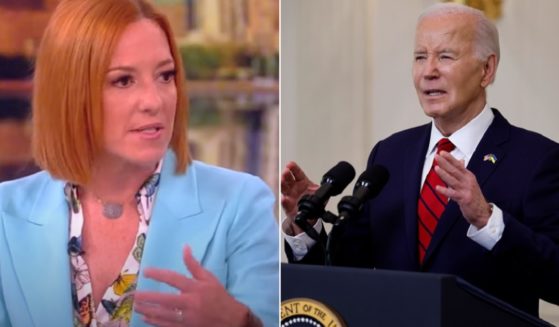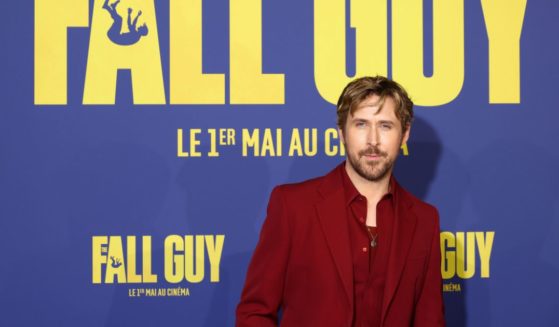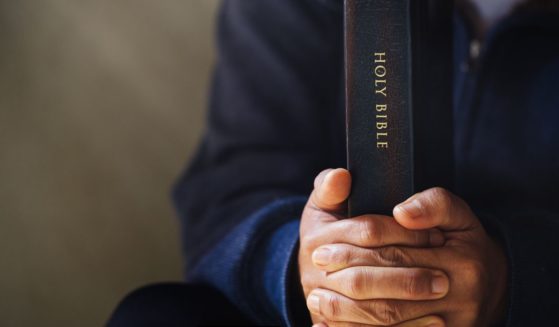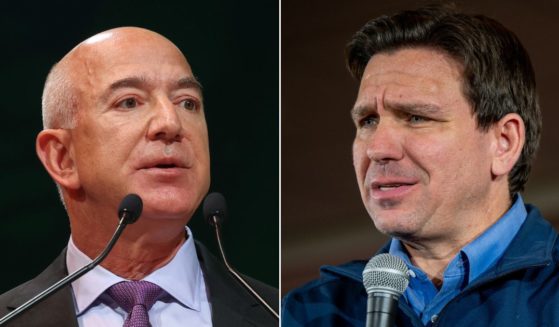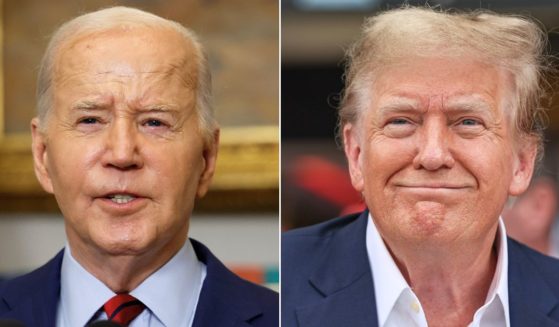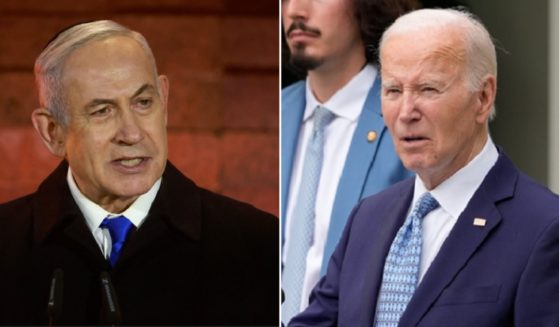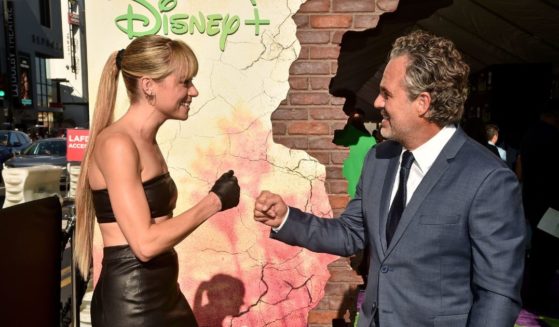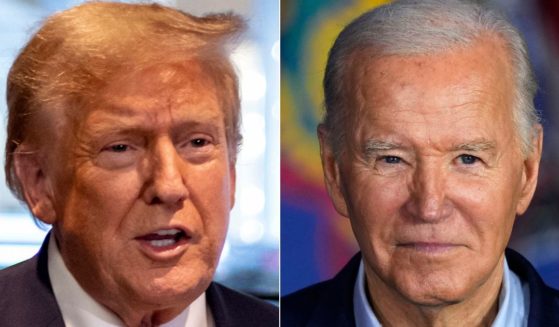Rioters Burned His Company Down, Now He's Taking His Business & Leaving Minneapolis
What, exactly, have the riots that followed the death of George Floyd accomplished?
The riots are obviously different from the protests proper; the protests are a separate thing entirely which shouldn’t be commingled with the riots but frequently are — and not by commentators on the right.
Instead, it’s the left that says the protests are “mostly peaceful” in one breath and then, in the next, makes sure to remind you that Martin Luther King once said “a riot is a language of the unheard.”
The intellectual prestidigitation can even get a bit more complicated than that. New York Times writer Nikole Hannah-Jones — best known for helming the “1619 Project,” The Times’ historical project which seeks to argue the country’s founding can be traced not to 1776 but 1619, when slaves were first brought to what’s now the United States — said that “destroying property which can be replaced is not violence.”
“We need to be really careful with our language. Yes, it is disturbing to see property being destroyed. It is disturbing to see people taking property from stores,” she told CBS News.
“But these are things. Violence is when an agent of the state kneels on a man’s neck until all of the life is leached out of his body.”
Yes, what happened to George Floyd is worse than what could happen to any building and I don’t think you’re going to find too many people who are in opposition to that statement.
That said, I’m curious in what universe burning down a business isn’t a form of violence.
Violent or not, it’s certainly counterproductive, particularly in an economy that’s gone from roaring to tatters in the space of four months. While recent May job numbers were good, that was only in a relative sense; it’s unclear whether we’re in a deep recession or a new depression but we’re clearly in dire economic straits.
In the midst of this, plenty of property has been destroyed in cities around the country — including Minneapolis, the city where George Floyd died after a police officer knelt on his neck for nearly nine sickening minutes.
For Kris Wyrobek, president and owner of 7-Sigma, Inc., that property will probably be replaced. It won’t be replaced in Minneapolis.
Wyrobek, whose company produces precision rollers for high-speed printing systems, has been located in the city since 1987. He says he no longer trusts Minneapolis officials who let his plant burn during the riots.
“Wyrobek said the plant, which usually operates until 11 p.m., shut down about four hours early on the first night of the riots because he wanted to keep his workers out of harm’s way,” the Minneapolis Star Tribune reported Monday.
“He said a production supervisor and a maintenance worker who live in the neighborhood became alarmed when fire broke out at the $30 million Midtown Corner affordable housing apartment complex that was under construction next door.”
“The fire engine was just sitting there,” Wyrobek told the paper, “but they wouldn’t do anything.”
Did he ever think about relocating before the recent unrest? According to Wyrobek, “not in my wildest nightmare.”
However, with his plant now heavily damaged thanks to the fire, he says he can’t rebuild in the city the company has called home for 33 years. The plant provides about 50 jobs — if, of course, he can get the business operational again.
“We are cautiously optimistic we can do that,” Wyrobek said. “But we are certainly not able to do that in Minneapolis.”
This, I fear, will be the second great COVID-19 shock.
The first came after we locked everything down in a panic. Whether that decision was the right one or not only history will judge, but we were right to be panicked. Then we started seeing the economic realities and the unemployment it caused; it was if we’d been plunged into the inkiest darkness but could dare not turn on the light switch.
The lights are coming on, albeit slowly. And then, amid that process, an aggrieved mob decided to start smashing the bulbs.
Given that we’re just beginning to approach calm, we have no idea how far back we’ve been set on our road to economic normality. There’s no reasonable way, however, that this won’t keep unemployment higher than it already would have been.
Small businesses, factories, food and beverage outlets — all of these were targeted in the riots and all of these obviously provided jobs — particularly in low-income neighborhoods, which are going to be the hardest hit.
All the while, city governments and liberal politicians made excuses for quite a bit of illegal behavior. It wasn’t just that they were suddenly kosher with mass gatherings that were strictly forbidden just a week before, it’s that they copped powerlessness over looting and rioting.
Minneapolis’ chief of police even admitted there wasn’t much they could — or were willing — to do about it:
The Minneapolis chief of police basically telling officers it’s too dangerous to go stop any of this looting. Gonna be a long night pic.twitter.com/HTJZxAp4gN
— Jake Schneider (@jacobkschneider) May 28, 2020
The state would eventually end up calling in the National Guard to restore order, but not before 7-Sigma’s factory was essentially gone — and, according to its owner, never to return.
“They don’t care about my business,” Wyrobek said. “They didn’t protect our people. We were all on our own.”
But remember, “destroying property which can be replaced is not violence.” It’s just a loss of 50 jobs — and 7-Sigma is only one of the many businesses that were damaged or destroyed in the riots.
Truth and Accuracy
We are committed to truth and accuracy in all of our journalism. Read our editorial standards.

